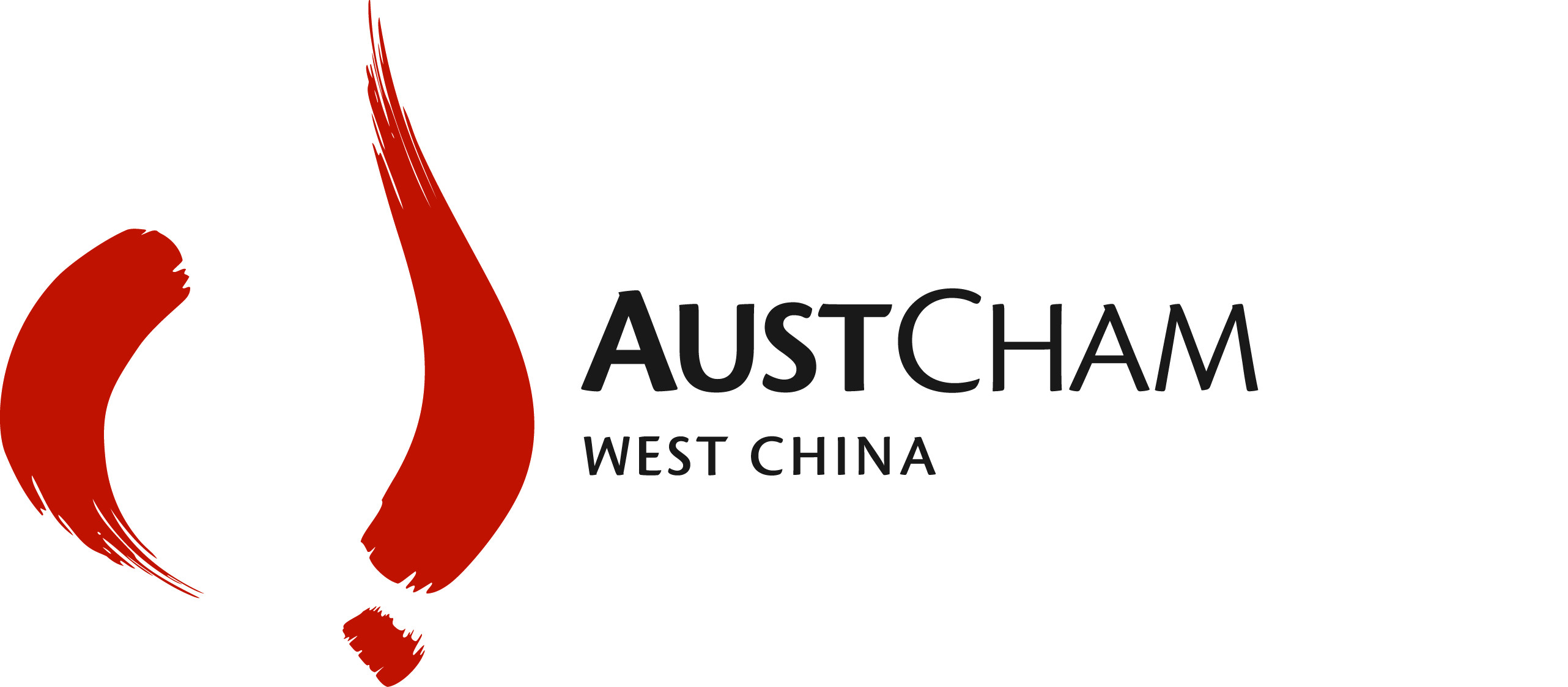In today’s Talking Points: China soon to introduce environment tax on pollutants; Slowdown in China’s imports of natural gas; New stimuli measures for China’s new energy auto sector; Victorian government set to ban fracking and coal seam gas exploration
China soon to introduce environment tax on pollutants
On Monday, a draft environment tax law was introduced to the central government’s top legislature for first reading. The new draft law proposes several new levies to minimize pollution and close current loopholes in the current system’s “pollutant discharge fee” system, which was introduced in 1979. Rates from 350 RMB TO 11,200 RMB per month will be applied to industrial noises of an excessive decibel level. A rate of 1.2 RMB on a stipulated quantity of air pollutants and 1.4 RMB on a stipulated quantity of water pollutants has also been drafted. For example, a levy of 1.2 RMB for the emission of 0.95 kilograms of sulfur dioxide will be applied and 1.4 RMB for allowing 100 grams of petroleum in the water. Carbon dioxide will not be included in the list of levies. Provincial governments will be able to “appropriately” raise rates taking pollution levels and the local economic situation into account.
Source: People’s Daily
Slowdown in China’s imports of natural gas
Official data has shown a drop of 0.3 percent year on year in July in China’s imports of natural gas. This decline has arisen on the back of slowed domestic consumption from 2.3 percent in July from 9.8 percent in the first half of 2016, according to the National Development and Reform Commission. China’s natural gas consumption grew at the lowest pace in nearly a decade in 2015, at just 3.7 percent. Yin Haitao, a leading scholar at Shanghai Jiaotong University has said China’s economic restructuring has contributed to this slowdown, as factories were the biggest consumers. Other businesses also opted for cheaper oil and coal, he added.
Source: People’s Daily
New stimuli measures for China’s new energy auto sector
China is planning to overhaul its financial stimuli package for new energy carmakers to encourage competition and ensure sustainable growth by ultimately cutting the number of manufacturers. In 2010, China began offering subsidies to both purchasers and companies in the new energy sector to increase demand and popularity for the vehicles. In 2009, a goal was set to have 5 million new energy vehicles on the roads by 2020. However, these subsidies have led to an increased number of cases of companies defrauding the system. From 2016, China plans to begin cutting subsidies and will cease all subsidies by the end of 2020. Under the new draft regulations, to obtain a license, new energy carmakers must be able to develop the car’s control system and coordinate the power and draft systems. Those already on China’s list of approved carmakers must also reapply for licenses within two years of the issue date of their existing license, to ensure all automakers are capable of meeting these criteria.
Source: China Daily
Victorian government set to ban fracking and coal seam gas exploration
The Victorian government announced its intention to legislate a ban on fracking and coal seam gas exploration. The new policy also extends a moratorium on onshore conventional gas exploration to 2020. Premier Daniel Andrews, when announcing the policy said the move would protect Victoria’s agricultural sector. “Our farmers produce some of the world’s cleanest and freshest food. We won’t put that at risk with fracking,” he said. “The health and environmental risks involved outweigh any potential benefits,” he added. This decision has outraged the onshore gas industry that says the decision ignores scientific evidence and is a politically motivated decision.
Source: The Australian

